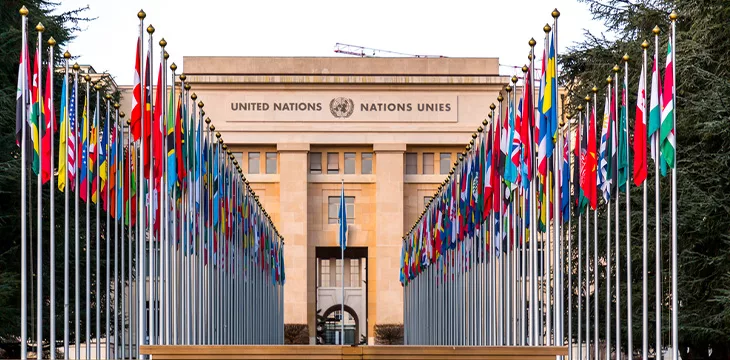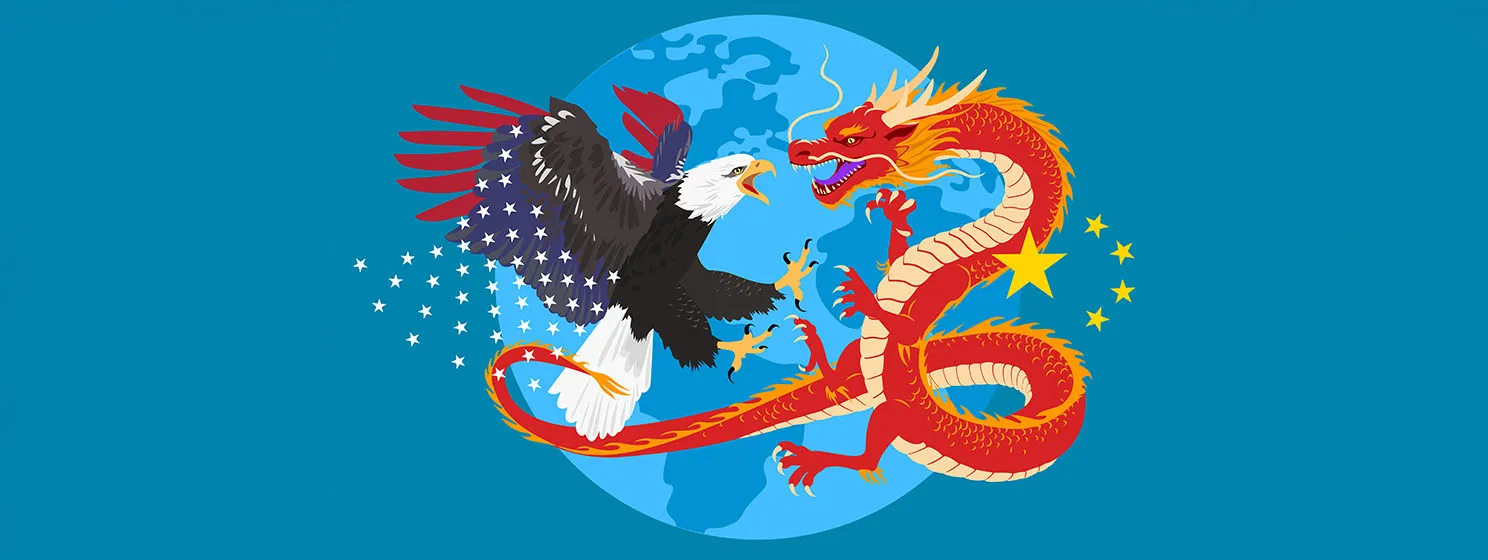|
Getting your Trinity Audio player ready...
|
The United Nations continues to view artificial intelligence (AI) with skepticism despite the technology’s sky-high adoption metrics in recent years, hinting at stiffer regulations by member states.
Officials of the UN and experts converged for a two-day conference dubbed “AI for Good” to weigh the pros and cons of the increasing adoption by corporations, governments, and private citizens. The annual conference held in Geneva mulled the prospects of a concerted global effort at AI regulation and minimum operating standards for industry players.
A common denominator in attendees’ speeches was the promise of increased productivity and efficiency across a range of sectors. UN Secretary-General António Guterres specifically name-checked education, healthcare and planetary health as sectors with the potential for increased efficiency.
Aware of the potential benefits, the UN has taken preemptive steps toward a wholesale adoption of the technology, including issuing a resolution urging member countries to deploy AI to meet their sustainable development goals (SDGs).
In late 2023, the UN launched an advisory body to harness AI for the “common good” with experts drawn from 39 member states across law, ethics, and governance.
“This is the first in that direction, and we hope to have more of this next year,” said one Amandeep Singh Gill, Gutteres’ Envoy on Technology. “There’s an opportunity with the Global Digital Compact to embed this into more of a sustainable long-term perspective so that we are not caught napping by fast-paced technology development.”
Attendees of the two-day conference turned their attention to the potential downsides associated with AI and other emerging technologies. Top on the list of concerns is the risk of misinformation stemming from the widespread use of large language models (LLMs) that could fuel instability in violence-prone regions.
The UN has since elevated the risks associated with AI to the same levels as nuclear weapons, terming it an “existential threat to humanity” given the potential for deployment in autonomous weaponry.
Given that AI companies are jostling over market share in the formative years, there are fears that the firms could perform specific actions that could increase the severity of risks.
Nearly 3 billion people left out
According to Doreen Bogdon-Martin, head of the UN International Telecommunications Union, nearly half of the global population is not participating in the AI seismic leap due to technological disparities between advanced and developing economies.
“In 2024, in the age of AI, in the age of unimaginable opportunities, one-third of humanity remains completely offline, excluded from the AI revolution without a voice,” said Bogdan-Martin. “What we in this room take for granted remains completely foreign to 2.6 billion people around the world.”
To reduce the disparity, the UN says it is prepared to offer technological support and financial aid to support the efforts of developing countries seeking to deploy AI into their economies.
In order for artificial intelligence (AI) to work right within the law and thrive in the face of growing challenges, it needs to integrate an enterprise blockchain system that ensures data input quality and ownership—allowing it to keep data safe while also guaranteeing the immutability of data. Check out CoinGeek’s coverage on this emerging tech to learn more why Enterprise blockchain will be the backbone of AI.
Watch: How Artificial Intelligence cures the world’s loneliness epidemic

 09-10-2025
09-10-2025 





